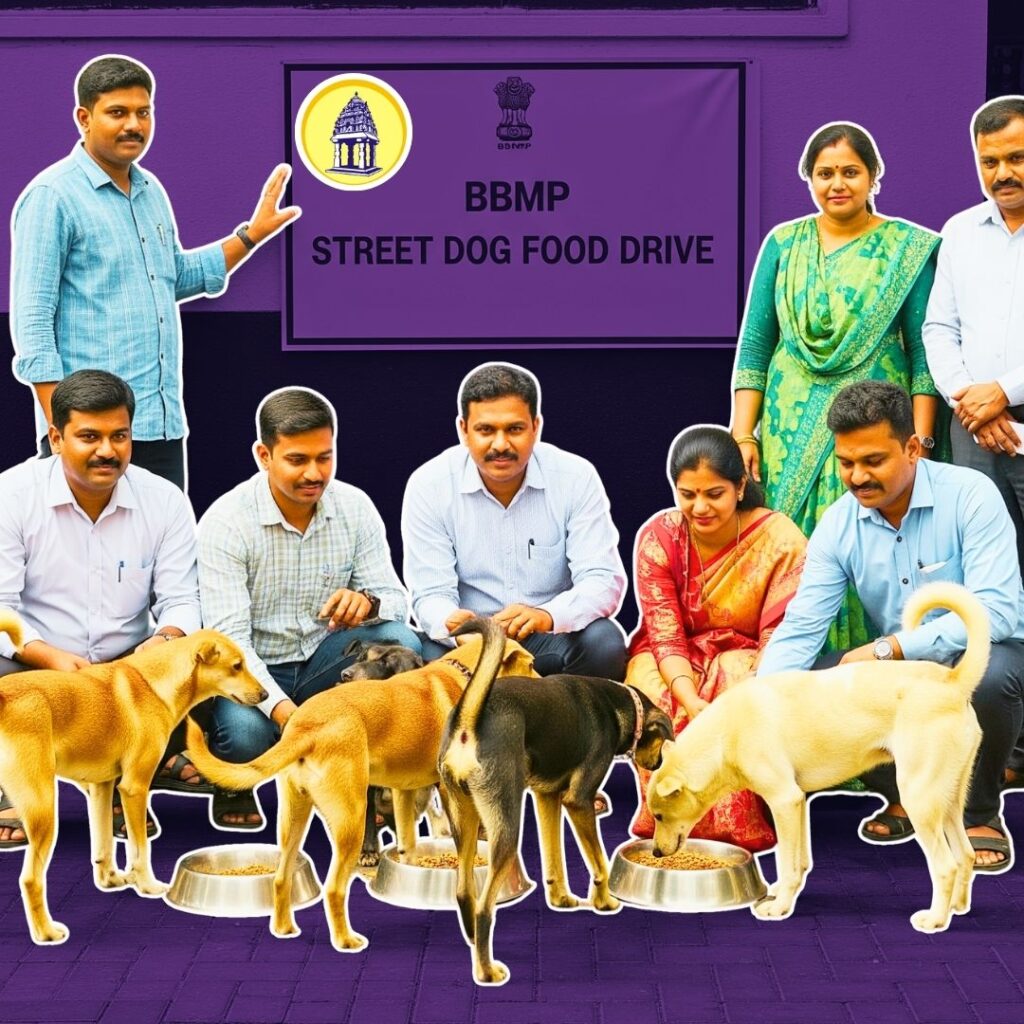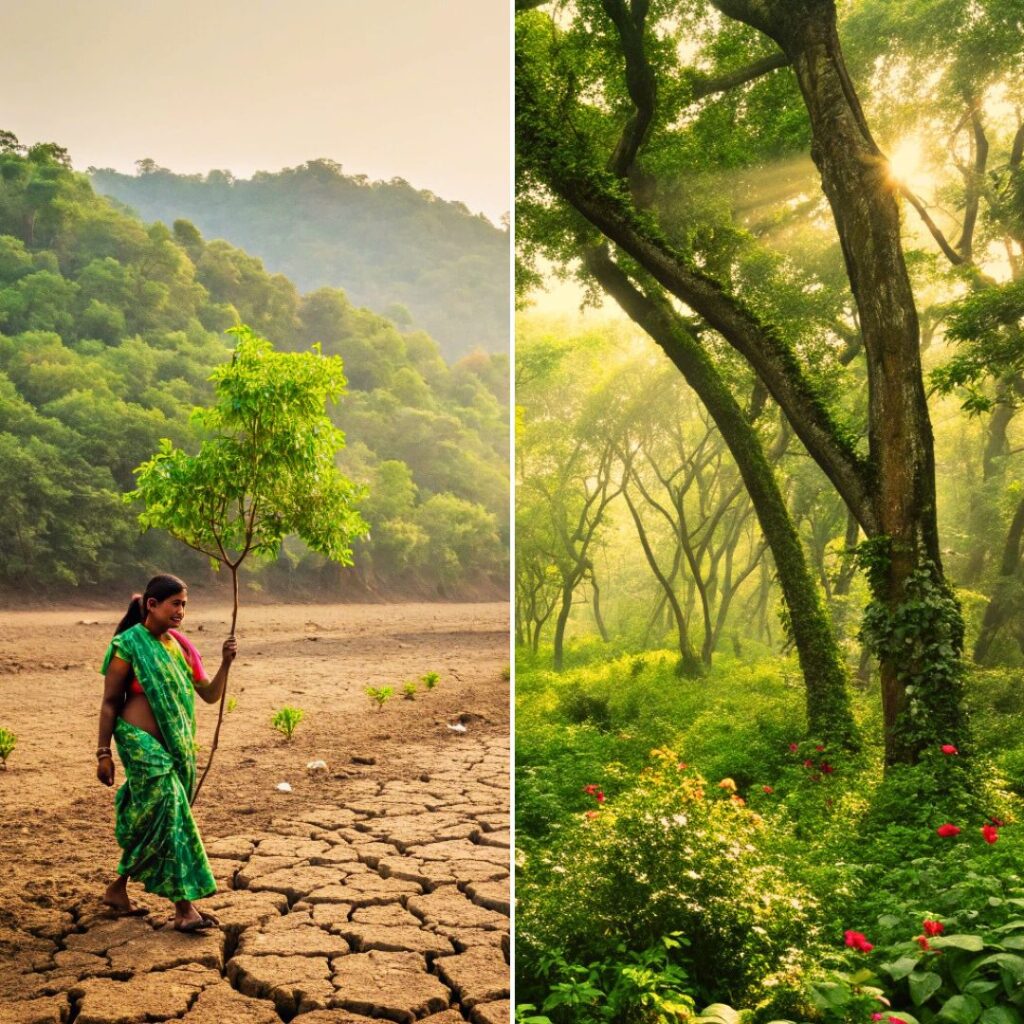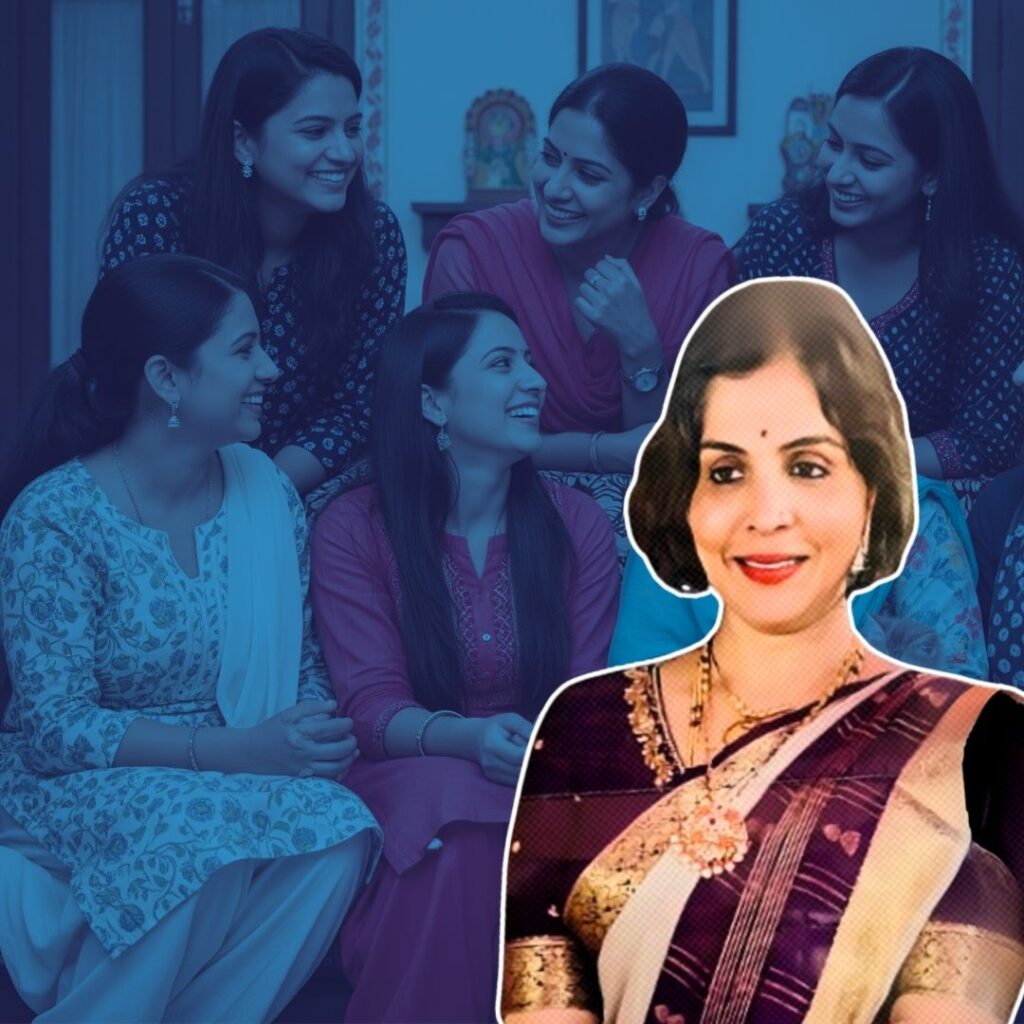Two young community architects shouldered the responsibility of designing a school which can be dismantled. Sounds impossible, right? Let’s go back in time. It was in 2015 when someone from the Yamuna Khadar had approached the duo, Swati Janu and Nidhi Sohane from mHS City Lab to design a modular school for the community living there under the project name: ModSkool. Since the communities regularly face threats of evacuation from the government authorities, the school must be easily ‘dismantable’. Sounds unconventional and challenging, but the project took exactly three weeks to be completed.
The journey of ModSkool
Yamuna Khadar being a slum area, none of its inhabitants had any formal land in their name and most of the structures had to be brought down, including a school run for the children. The school was demolished by the Delhi Development Authority (DDA) in 2011 and the High Court now has given them the permission to run the school as long as it is a temporary one.
Little hands putting in effort to build the school
The idea was to create a school which would be easily built and equally easily dismantled. When The Logical Indian spoke to the creative head of mHS City Lab and one of the spearheads of the Modskool project, Swati Janu, she said, “It was unique for us as well, but this project needed a lot of research. It couldn’t have been possible without the continuous efforts of Naresh Pal”. The ideation and development of the project took time and it also involved building relationships with the community. Naresh is a 24-year-old community leader who has helped in mobilising the people to work in tandem and help in the completion of the project.
“The school in itself is a crowdsourced project. Naresh was the point of contact for us. He had previously helped in building a school after it was demolished by the DDA six years back,” Swati’s voice resonated with a tone of gratefulness as she recounts her experience. This is when the two architects came up with the idea of making a school which would be perfect for the monsoons and there would be no leakage of water as well. The idea was to build a climate friendly and self-built school which would provide better sanitation facility as well.
The metal structure in place
“This was one project where we had no hierarchy”, recounts Swati. The Modskool project broke the traditional barriers between one who designs, executes and puts in the labour. The roles of an architect and that of one actually built the structure kept on shifting. The children from the community also were engaged in the project. This helped in making the cane structures which served as the wall of the school.
“The entire process of building the school was a very accumulative one where we involved the community in building the structure, right from the scratch. What stands today is the hard labour of everyone associated with the project including the community members,” Swati said.
To make sure that the structure will be dismantled with ease, they used a metal framework that can be easily unscrewed as and when needed. The walls are made of bamboo split into two and woven to form a fine mesh. They picked up the necessary skills from local carpenters. The duo joined hands with the community members and worked for almost a year to turn the project into a reality.
Exploring new possibilities of construction Challenges they faced
On speaking to Nidhi, another spearhead of the Modskool project, she said, “We had to face ample challenges as project coordinators. From sourcing electricity to sourcing raw materials and mobilising the community leaders who could further influence the community members were some of the challenges we faced.” It needed a whole lot of research to understand what kind of model of sustainable architecture would be suitable. Previously a structure of bamboo and plastic sheets had been built but it wasn’t waterproof and the children had to face immense difficulty during the months of monsoon.
Putting in some extra effort
Water, food and electricity were one of the basic challenges Nidhi and Swati faced. Apart from these, another important challenge was that of fund raising. Fund raising had been done through social media and there were many who happily volunteered for the cause.
The duo had to complete the project before the onset of monsoon and after three weeks of dedicated, they were finally able to raise the structure. The structure now has a roof which protects the students from the rains. Only the flooring is left to be completed.
The road ahead “Working for such a project which is completely based on the social sector has helped us realise that we could work with communities on a regular basis. We have decided to delve deeper into the project and create a small community library for them,” says Nidhi. They also want to design community toilets which are built on the lines of su…











